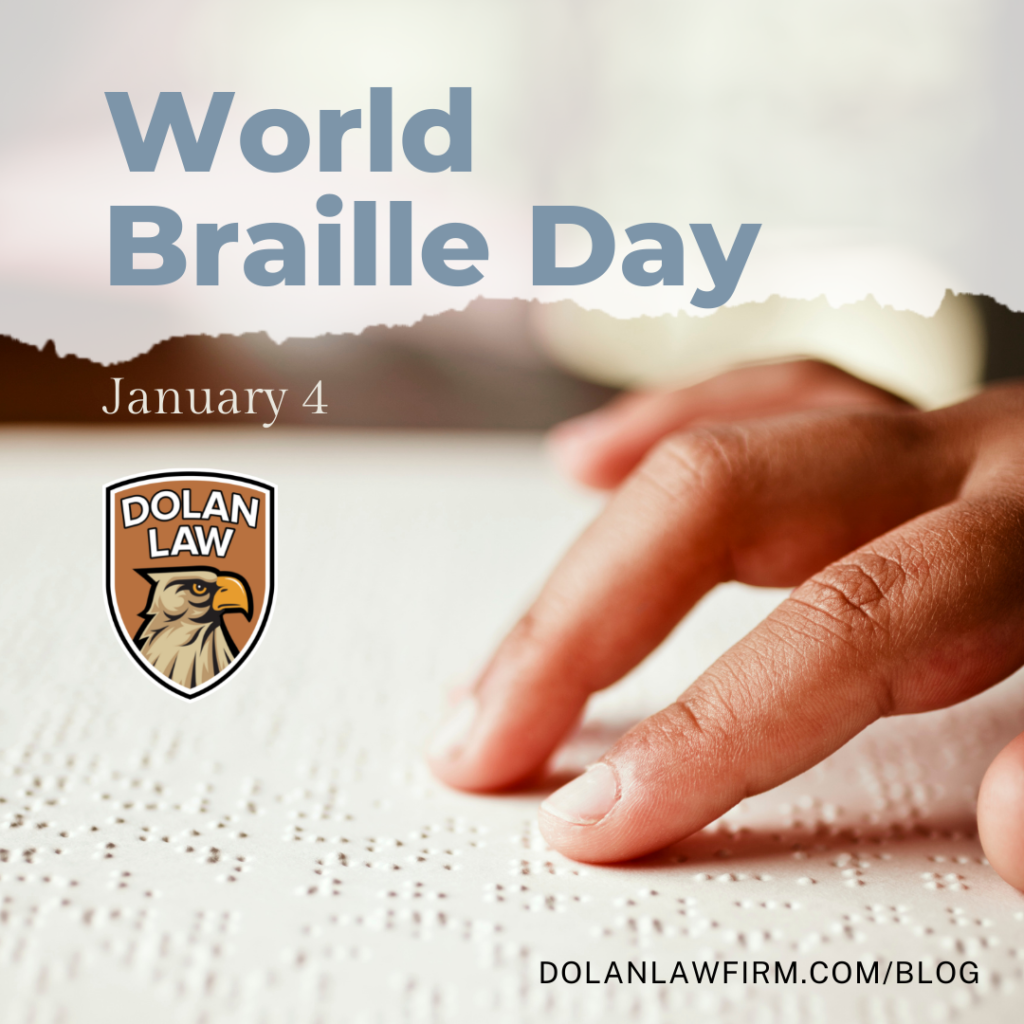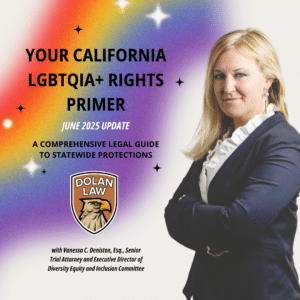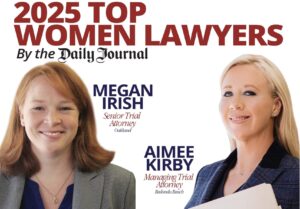Written by Mari Bandoma Callado and DE&I Committee
The Dolan Law Firm recognizes World Braille Day to raise awareness for blind and partially sighted people.
History
In December 2018, the United Nations General Assembly established World Braille Day to be observed annually on January 4 to raise the importance of Braille, which serves as a communication medium for blind and partially sighted people. The date marks the birth anniversary of Louis Braille, who at the age of 15, invented the tactile representation of alphabetic and numerical symbols using six dots to represent each letter and number, and even musical, mathematical, and scientific symbols.
Being Visually Impaired During the COVID-19 Pandemic
People with disabilities are less likely to access health care, education, participate in the community, and be employed even under normal circumstances. For the visually impaired, the COVID-19 Pandemic showed just how critical it is to produce essential information in accessible formats like Braille and other digital accessibility or audible formats. Otherwise, people with disabilities could face a higher risk of contamination due to the lack of access to guidelines to protect and reduce the spreading of the pandemic.
Workplace Accommodations
While the use of Braille appears to be declining in a literacy context, it remains a key tool in everyday life. Advocates note that one of the key advantages in understanding Braille is the connection between literacy and employability. In 2017, the American Foundation for the Blind found that blind or visually impaired people in the United States have an employment rate of 44.2 percent, which is 35 percentage points lower than the employment rate at the time for those without disabilities. Additionally, there’s an $11,000 wage gap between those who read Braille and those who don’t according to a 2015 article published in the Journal of Blindness, Innovation and Research. Accordingly, individuals who experience blindness or visual impairment are more likely to experience higher rates of poverty. Thus, it is critical for employers to increase accessibility and opportunities by providing accommodations for job applicants and employees.
Employers are required to provide job applicants and employees with disabilities “reasonable accommodations” that allow them equal opportunities under the Americans with Disabilities Act (ADA), and/or the Fair Employment and Housing Act (FEHA). Accommodations vary depending on the needs of the applicant or employee but here is a list of examples of adjustments or modifications that are often requested by individuals who are blind or visually impaired:
- Assistive technology like scanners, magnifiers, digital records, screen reading software, refreshable braille displays, and braille embossers;
- An accessible website that allows workers to access employee portals, message boards, employment handbooks etc.;
- Modification of an employment test or training;
- Providing written materials in an accessible format e.g. braille, large print, or audio;
- Guide dogs; and
- Flexible schedule or work from home option.
Requests for accommodations are “protected”, meaning that if they are made in good faith, a worker may not lawfully be retaliated against for making the request. The request should also start what is known as the “good faith interactive process.” That is a process where the employer and employee work together to find a solution that works for both of them. The employer is not required to offer the requested accommodation but must work with the employee to determine whether there is a potential accommodation that will allow the employee to perform the essential functions of their position without creating an undue hardship on the employer.
If you believe that you have been discriminated against because of your disability, or if you need help requesting reasonable accommodations, contact the Dolan Law Firm’s employment attorneys.
Additional Information and Resources for people with visual impairment:
- National Library Service (NLS) is a free braille and talking book library service for people with temporary or permanent low vision, blindness, or a physical, perceptual, or reading disability that prevents them from using regular print materials. Note that digital braille and talking book titles can be downloaded from the NLS BARD (Braille and Audio Reading Download) service.
- The Office of Services to the Blind (OSB) provides information and referral on services, programs, entitlements, and products of benefit to individuals who are blind or have low vision and their families or service providers. OSB staff assists such individuals in understanding the availability of services, their eligibility for services, and the purpose and scope of the various service programs.










